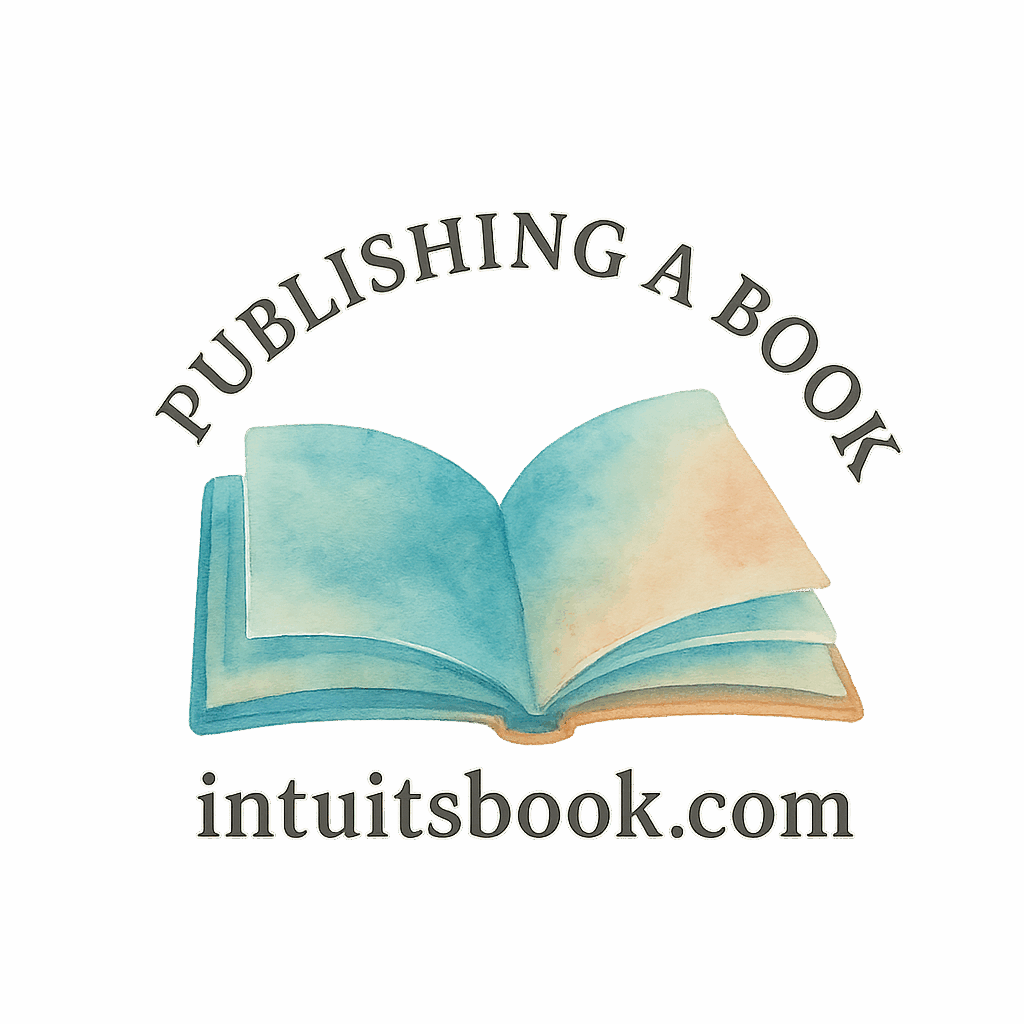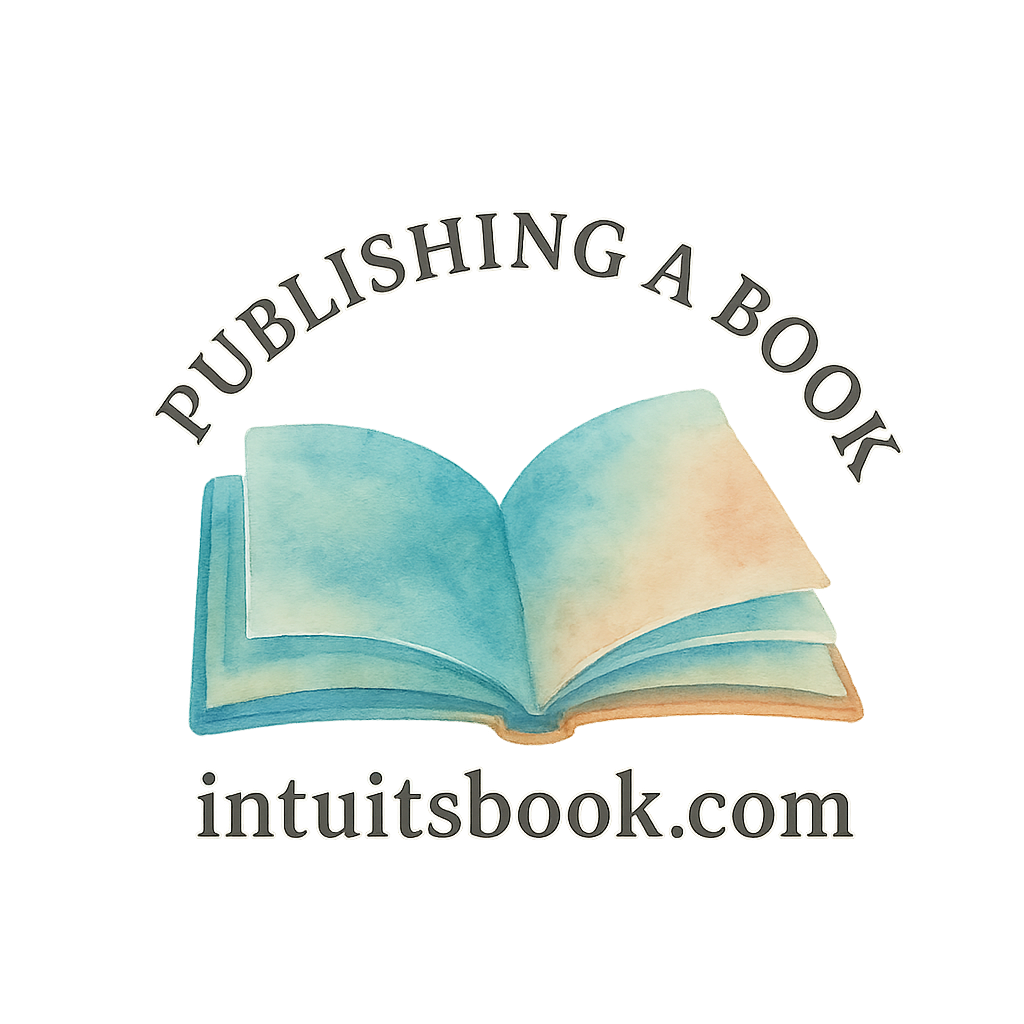Introduction: Why Research Matters in Self-Publishing
If you’re diving into self-publishing, you’ve probably realized it’s not just about having a great idea. Readers today are smart, skeptical, and quick to fact-check. A single mistake can turn an otherwise strong book into a credibility disaster. That’s why research is the backbone of self-publishing success. Unlike traditional publishing, where editors and fact-checkers lend a hand, independent authors carry the full responsibility.
The Role of Accuracy in Building Reader Trust
Accuracy isn’t just about dates, names, or statistics. It’s about showing your audience that you respect them enough to give them truth. Whether you’re writing historical fiction, non-fiction, or even fantasy with real-world references, accuracy builds trust. Trust, in turn, builds loyal readers who recommend and buy more of your books.
Common Research Mistakes Self-Published Authors Make
Let’s be real—many new authors skip proper research because it feels overwhelming. Some rely solely on Wikipedia, others forget to double-check sources, and some get lost in endless rabbit holes, never finishing their manuscript. Sound familiar? Don’t worry—you’re about to learn six practical research tips to keep your book both accurate and engaging.
Tip 1: Define Your Research Scope Clearly
Before you open a single tab in your browser, ask yourself: What exactly do I need to know to make my book accurate?
Narrowing Down the Book Idea
If you’re stuck with too broad a scope, your research will feel like drinking from a firehose. Instead, start small. For example, if you’re writing about the Renaissance, focus on a specific city, time period, or event. That way, your book idea (see more on book idea development) becomes manageable.
Using Author Tools for Better Research
Modern author tools (explore author tools) like Scrivener or Evernote help you build digital folders for each topic. Having everything organized from the start makes the entire writing process (learn about the writing process) smoother.
Tip 2: Rely on Credible and Verified Sources
The internet is full of information—but not all of it is gold.
Avoiding Misinformation Traps
Social media posts, personal blogs, and even some online magazines can spread misinformation. Instead, lean on verified sources like academic journals, historical archives, or government websites.
Academic vs. Popular Sources
While academic sources are reliable, they can be dense. Popular sources are easier to read but sometimes less accurate. The trick is to balance both—use academic research for facts and popular sources for context.

Tip 3: Keep Detailed Notes and Organize Your Research
If you’ve ever lost a great reference link only to spend hours hunting it down again, you know the pain of poor note-taking.
Using Digital Author Tools
Use apps like Zotero, Notion, or OneNote to organize your research. These tools allow you to save links, PDFs, and annotations in one place.
Tagging Book Draft References Properly
When drafting, tag references inside your book draft (see book draft tips). This ensures you’ll know where each fact came from when revising or fact-checking later.
Tip 4: Cross-Check Facts from Multiple Sources
Never trust a single source, no matter how convincing it sounds.
Why Double-Checking Saves You From Embarrassment
Imagine publishing a book that misquotes a famous figure or uses outdated science. Readers will notice—and reviews will reflect it. Cross-checking helps you avoid these embarrassing pitfalls.
Balancing Facts with Creativity
If you’re writing fiction, research is the scaffolding, but creativity is the paint. Blend verified details with storytelling flair without drowning your reader in footnotes.
Tip 5: Consult Experts and Primary Sources
Sometimes the best way to ensure accuracy is to go straight to the source.
Interviewing Professionals in Your Niche
Writing about forensic science? Talk to an actual forensic expert. Writing a romance set in Italy? Interview locals about cultural nuances. These insights add richness you can’t get from Google.
Leveraging Author Education and Publishing Courses
Platforms offering author education (see author education resources) or publishing courses (learn publishing courses) can sharpen your research skills. You’ll also network with other writers who can share vetted resources.
Tip 6: Update Research Regularly Before Publishing
Research isn’t a one-and-done process—it evolves.
Staying Current with New Data
Statistics, technology, and even cultural references can change quickly. Always double-check your facts before finalizing your manuscript.
Avoiding Outdated Statistics in Your Manuscript
Imagine quoting a 2010 social media stat in a 2025 book. Outdated data makes your work feel stale and untrustworthy. Stay current, and your book will feel relevant for longer.
Accuracy and the Writing Process
How Research Shapes the Manuscript Steps
Each step of the manuscript process (manuscript steps guide)—from draft to revision—depends on accurate research. Strong foundations save you from major rewrites later.
Integrating Facts Without Overloading Readers
You don’t want your book to feel like a textbook. Sprinkle in facts naturally, weaving them into the narrative. The reader should learn without realizing they’re learning.
Research in Self-Publishing vs. Traditional Publishing
Independence Comes with Responsibility
In self-publishing (learn about self-publishing), the burden of accuracy falls entirely on you. That’s part of the freedom and challenge of being an independent author (independent author insights).
How Traditional Publishers Handle Fact-Checking
With traditional publishing (see traditional publishing details), you get editors, proofreaders, and fact-checkers. However, even they expect authors to do their homework before submission.
Tools and Resources Every Independent Author Needs
Free Marketing & Research Tools
Websites like Project Gutenberg or Google Scholar provide free research. Combine these with free marketing strategies (see free marketing tips) to stretch your budget.
Paid Author Tools Worth Considering
Sometimes investing in a premium research database or writing software is worth it. Think of it as investing in your author career (author career guide).
Turning Research into a Stronger Author Career
Building Authority in Your Niche
Accurate books don’t just sell—they position you as an expert. When readers trust your knowledge, they’re more likely to follow you from one book to the next.
Standing Out in Book Promotion
When marketing, you can highlight your thorough research. Accurate, well-crafted books stand out in book promotion (see book promotion strategies) campaigns, giving you an edge over less diligent authors.
Conclusion: Research as the Backbone of Self-Publishing Success
At the end of the day, research isn’t the “boring part” of writing—it’s the secret sauce. Whether you’re working on fiction or non-fiction, following these six research tips will help you write books that are accurate, engaging, and respected. Remember, every detail you verify today saves your credibility tomorrow.
FAQs
1. Why is research so important in self-publishing?
Because you don’t have a traditional publisher backing you, readers rely solely on your accuracy to build trust.
2. How do I avoid research overwhelm?
Define your scope early, focus on key questions, and use digital tools to organize everything.
3. Can I just use Wikipedia for research?
Wikipedia is a starting point, but never an endpoint. Always verify its information with credible sources.
4. What tools should self-published authors use for research?
Notion, Zotero, and Scrivener are popular options. Pair these with resources like Google Scholar or archives.
5. Should fiction writers care about research accuracy?
Absolutely. Even in fiction, accurate details make the story believable and immersive.
6. How often should I update my book’s research?
Always check your data before finalizing your manuscript, and revisit it if you plan a re-release or new edition.
7. Where can I learn more about publishing and author tools?
Check resources like IntuitsBook, which covers everything from self-publishing to book marketing, author tools, and publishing hacks.


